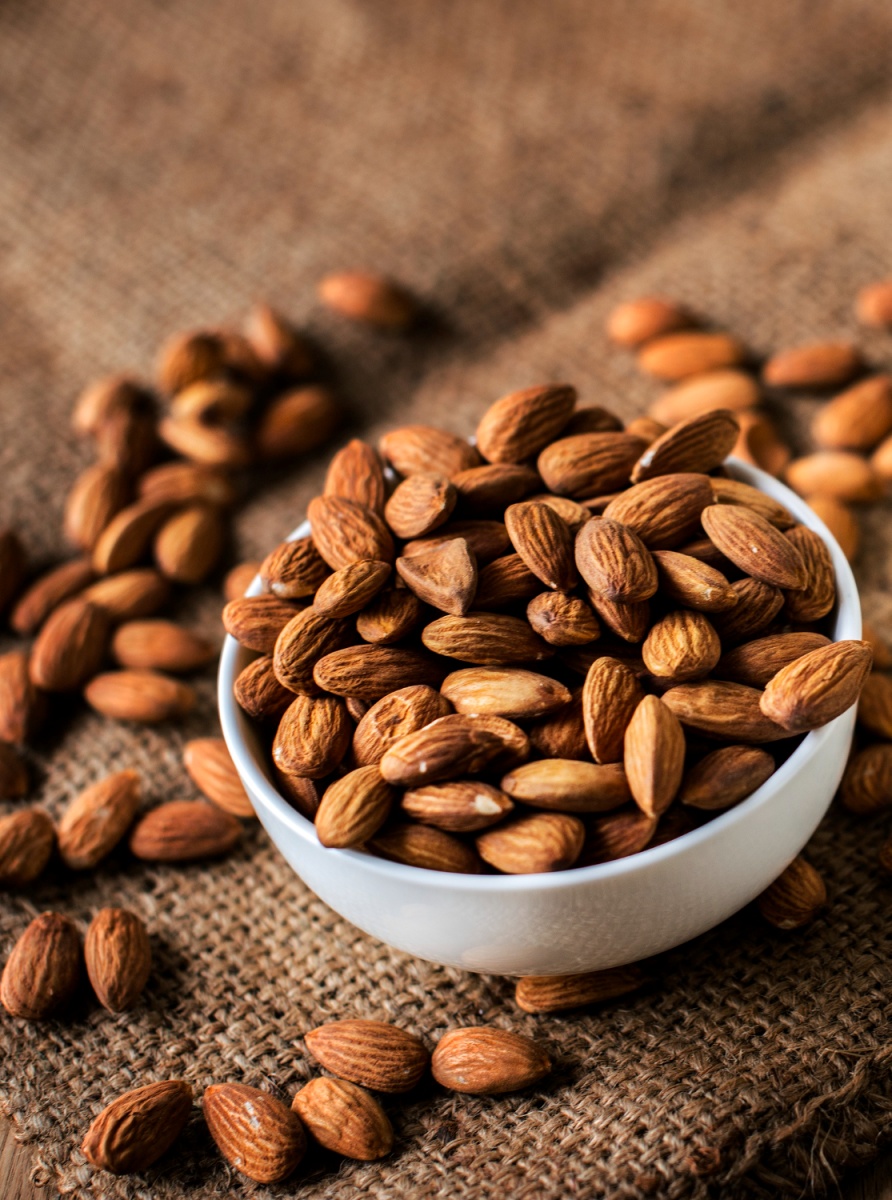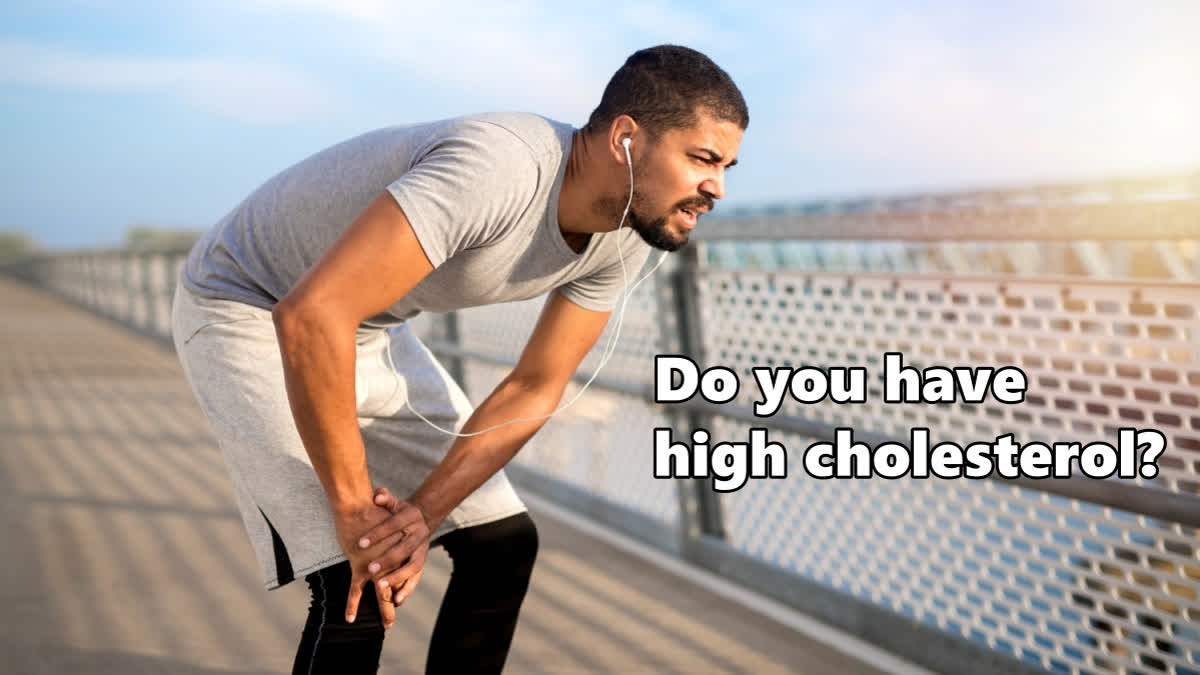High LDL (bad) cholesterol is becoming an increasingly common health concern across all age groups. Poor diet, lack of exercise, and unhealthy lifestyle habits are major contributors. According to medical experts, high cholesterol is a silent killer, increasing the risk of heart disease, obesity, and other serious health issues. Identifying the early warning signs can help prevent complications and improve overall health.
What Is Cholesterol?
Cholesterol is a fatty, wax-like substance found in cell membranes. While it is essential for various bodily functions, excess LDL cholesterol leads to plaque buildup in arteries, restricting blood flow and increasing the risk of high blood pressure, heart attacks, and strokes. However, medical experts say that healthy lifestyle changes can help manage cholesterol levels effectively.
10 Warning Signs of High Cholesterol
1. Chest Pain or Discomfort
According to cardiologists, frequent chest pain, especially during exercise or physical activity, could indicate blocked arteries caused by high cholesterol.
2. Leg Pain and Cramps
Pain or cramping in the legs while walking or standing for long periods may be a sign of poor circulation due to cholesterol buildup.
3. Yellowish Deposits on Skin (Xanthomas)
The appearance of yellow fatty deposits around the eyes, elbows, knees, or joints could be a visible sign of high cholesterol, as noted by medical professionals.
4. Dizziness or Frequent Migraines
According to health experts, restricted blood flow due to high cholesterol may cause frequent dizziness or recurring migraines.
5. Shortness of Breath
Difficulty breathing, especially when accompanied by chest pain, can be a serious warning sign of cholesterol-related heart issues.
6. Chronic Fatigue
If you often feel extremely tired, it may be due to poor blood circulation caused by cholesterol deposits in arteries.
7. Digestive Issues and Bloating
According to health experts, frequent bloating, indigestion, or stomach discomfort after meals may be linked to high cholesterol affecting digestion.
8. Signs of a Heart Attack
As per cardiologists, sudden loss of balance, nausea, shortness of breath, and chest pain could be indications of a heart attack due to high cholesterol.
9. Jaw or Neck Pain
Unexplained pain in the jaw, neck, or upper body may be related to cholesterol-related arterial blockages.
10. Swelling in Hands or Feet
According to medical experts, fluid retention or swelling in the extremities could be a symptom of poor circulation caused by cholesterol buildup.
Who Is At Risk Of High Cholesterol?
Individuals at higher risk of developing high cholesterol include:
Those with a family history of high cholesterol
Overweight or obese individuals
Those who consume diets high in saturated or trans fats
Heavy alcohol consumers
Smokers
Those who do not exercise regularly
Foods That Help Lower Cholesterol
1. Walnuts
Walnuts contain essential nutrients that help reduce bad cholesterol and lower the risk of heart disease.
2. Almonds

A report published by Harvard Health says that almonds help increase good cholesterol (HDL) while reducing bad cholesterol (LDL). Eating almonds in the morning is especially beneficial.
3. Olive Oil
Medical experts recommend olive oil as a heart-healthy fat that boosts good cholesterol and lowers LDL cholesterol.
4. Flaxseeds
Flaxseeds are rich in omega-3 fatty acids, which help reduce cholesterol levels. According to medical studies, consuming flaxseed powder for three months can significantly lower LDL cholesterol.
6. Fresh Orange Juice
The National Health Service (NHS) states that drinking vitamin C-rich orange juice in the morning helps reduce bad cholesterol levels due to the flavonoids present in oranges.
Regular morning walks, yoga, and aerobic exercises help boost good cholesterol levels and improve heart health. If you suspect high cholesterol, consult a doctor immediately for a proper diagnosis and treatment plan.
References:
- https://www.acpjournals.org/doi/10.7326/0003-4819-145-5-200609050-00006
- https://www.cochranelibrary.com/cdsr/doi/10.1002/14651858.CD003177.pub5/full
(Disclaimer: The information provided in this health article is for general informational purposes only and is not intended as medical advice. It is not a substitute for professional healthcare consultation, diagnosis, or treatment. Always seek the advice of your physician or other qualified health provider with any questions you may have regarding a medical condition.)
Read more:
- Cook Chicken Thoroughly And Skip Pre-Cut Raw Salads To Reduce Guillain-Barré Syndrome Risk, Plus Essential Food Safety Tips You Need To Know
- Skipping Deworming Because You Feel Fine? Here’s Why That Is A Dangerous Mistake
- A Doctor’s Complete Guide To Healing Foot And Ankle Injuries, From Ankle Sprains To Stress Fractures



